Vote No on AB 942: Defend Rooftop Solar Affordability
Redwood Energy reports on Clean Coalition’s expert commentary, warning that AB 942 threatens rooftop solar affordability and undermines the clean‑energy transition
Read article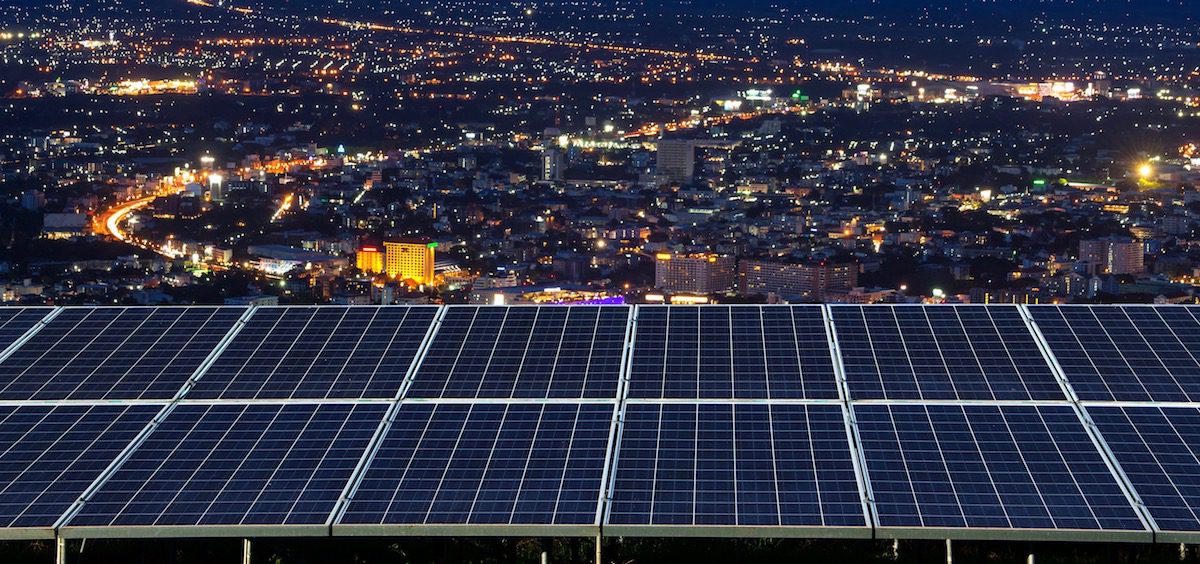
A crucial market segment for clean local energy
Wholesale distributed generation (WDG), also known as front-of-meter (FOM), refers to distributed energy generation, often commercial-scale solar, that interconnects to the distribution grid and serves local loads while avoiding any use of the transmission grid. Rather than serving one customer, these systems can serve an entire community, while avoiding the expensive, inefficient transmission lines required by remote power generation.
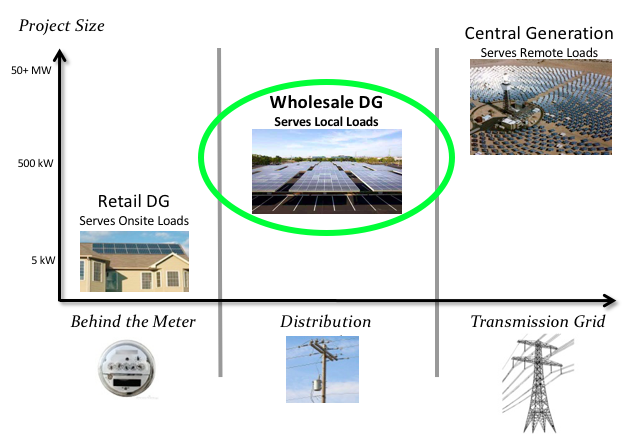
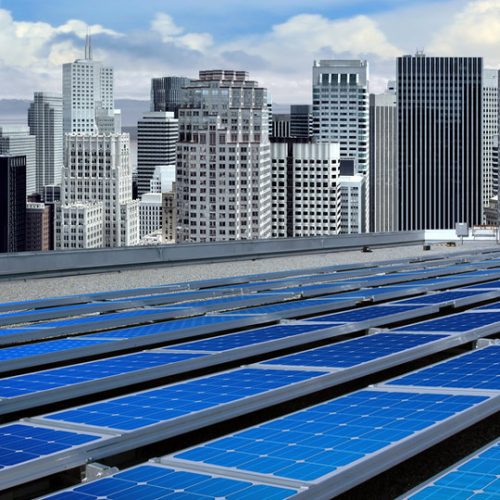
The Clean Coalition is working to unleash the vastly untapped FOM/WDG market in the U.S.
Generating energy close to where it is consumed, rather than forcing communities to rely on faraway fossil fuel plants and inefficient long-distance power transmission, creates an energy system that is decentralized and more resilient than centralized generation, which relies on a few large power plants located far from the communities that consume the energy.
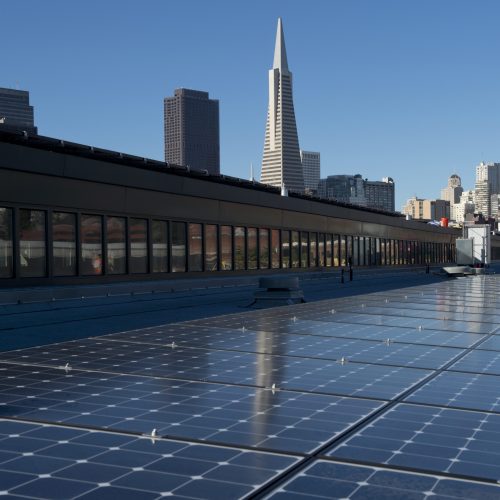
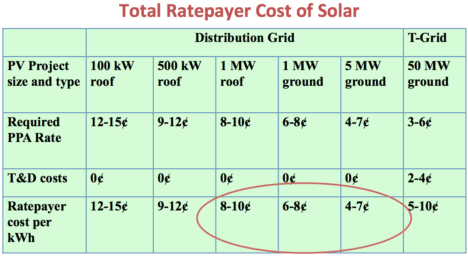
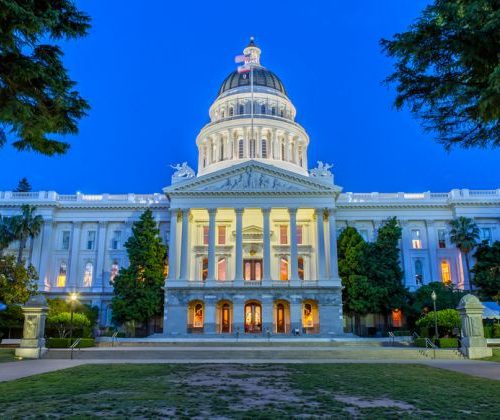
California and many other states already have an effective policy in place for clean local energy at the retail level, behind the customer’s meter: net energy metering (NEM). But NEM typically works best for residential installations — like rooftop solar on single-family homes — or other owner-occupied properties. The policy doesn’t work well for the commercial-scale solar segment, including non-owner-occupied properties, split-metered facilities, and sites with little on-site load.
That’s why we need policies and programs that unleash the FOM/WDG market to provide all of its benefits.
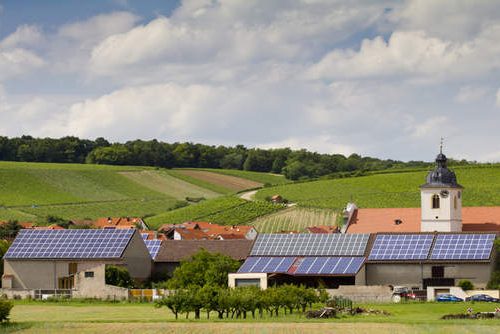
Starting in 2000, Germany enacted a national feed-in tariff (FIT) that propelled the country to become the world’s clean energy leader. Germany experienced tremendous growth of local renewable energy because this FIT unleashed the FOM/WDG market segment.
Learn more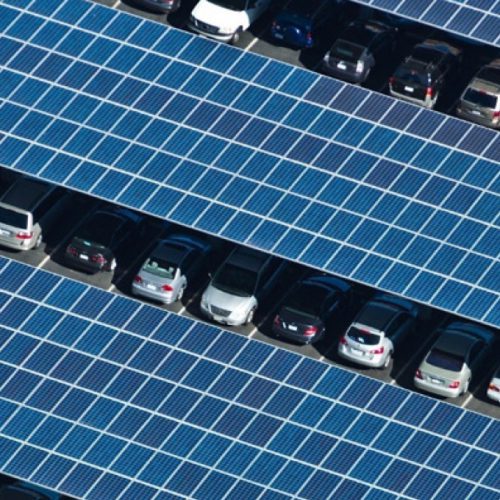
The U.S. suffers from a lack of policy support for the FOM/WDG market segment. This critically underserved market segment must be addressed, because it offers a tremendous opportunity for cost-effective clean local energy.
Learn moreAbout FITs
FIT success in Germany
FIT success in the U.S.
Making Way for Wholesale Distributed Generation: Not for the Faint of Heart | Microgrid Knowledge (July 27, 2018)
To Unleash Wholesale Distributed Generation, We Must Streamline Interconnection | Greentech Media (July 20, 2018)
Feed-In Tariffs for Unleashing Clean Local Energy and Obviating Polluting Gas Plants in California | Huffington Post (January 8, 2018)
City of Palo Alto Paves the Way for More Electric Vehicles with Local Renewable Energy | City of Palo Alto (July 20, 2017)
California’s Wholesale Distributed Solar Program Is in Trouble. Will Regulators Finally Fix It? | Greentech Media (June 16, 2017)
Unleashing clean local energy through smart policy | Medium (March 24, 2017)
Adopting elements of FITs could spur solar growth | Utility Dive (July 18, 2016)
The latest in clean local energy
Learn about our innovative projects and initiatives on our blog, and see what others are reporting about our important work.
Redwood Energy reports on Clean Coalition’s expert commentary, warning that AB 942 threatens rooftop solar affordability and undermines the clean‑energy transition
Read articleThis Clean Coalition hosted webinar took place on 27 June 2025 at 10:00 AM PST.
Read MoreThis blog post highlights the RGL Community Microgrid, which will provide clean energy and resilience to a disadvantaged community (DAC), utilize master metering, and serve as a critical model for future multi-unit housing (MUH) projects and master metering policies.
Read More